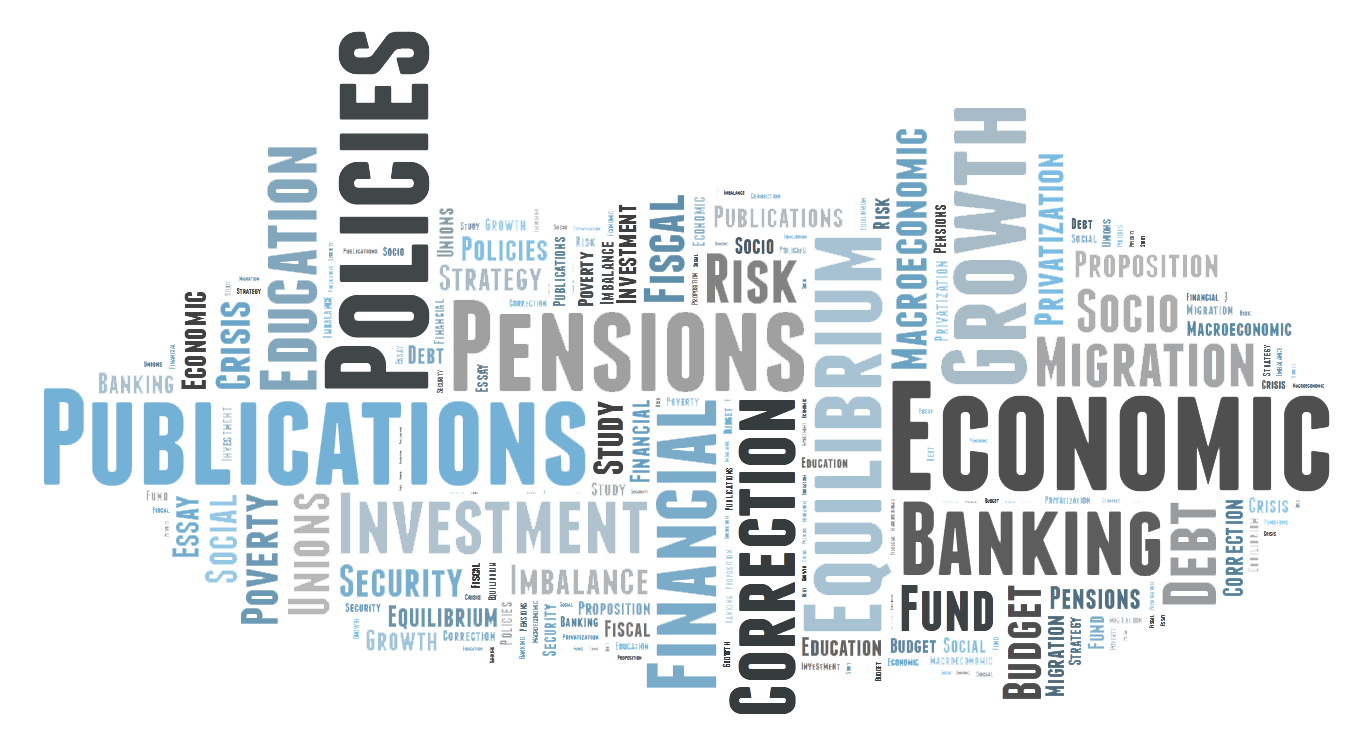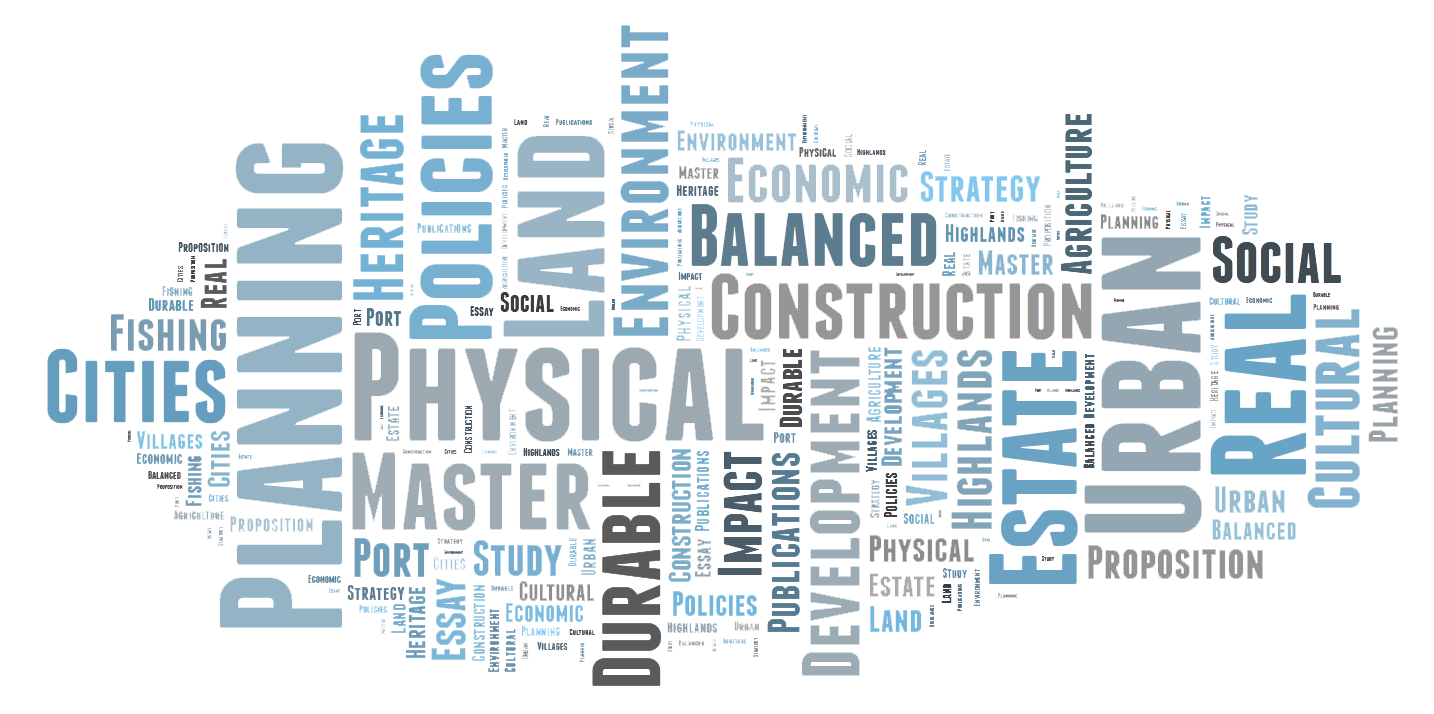Syria: Fiscal Policy Perspectives
The paper aims at analyzing the fiscal situation in Syria in order to help in the formulation of possible alternatives of fiscal policies. Beside their specific technicalities and constraints, fiscal options are approached as being a direct reflection of more general choices regarding the role of the state in managing the social and political balances in the country within its regional environment. In this perspective, Syria presents a challenging case of political economy.
After presenting the basic features of the Syrian economy, attention is devoted to understanding the rationale of the observed behaviors. The elements of choice in terms of trade-offs, management of time and available resources are then described. And finally some major options are sketched, without getting to the design of specific policies.


